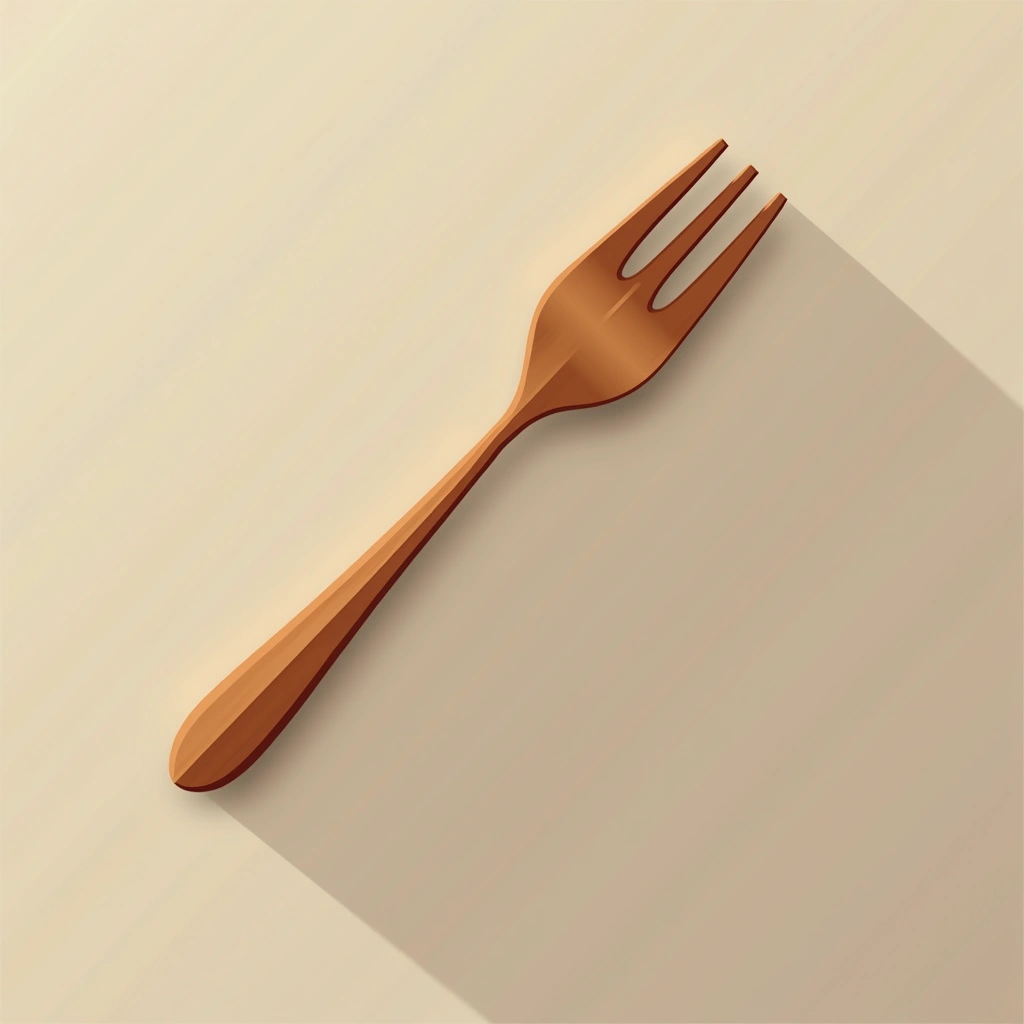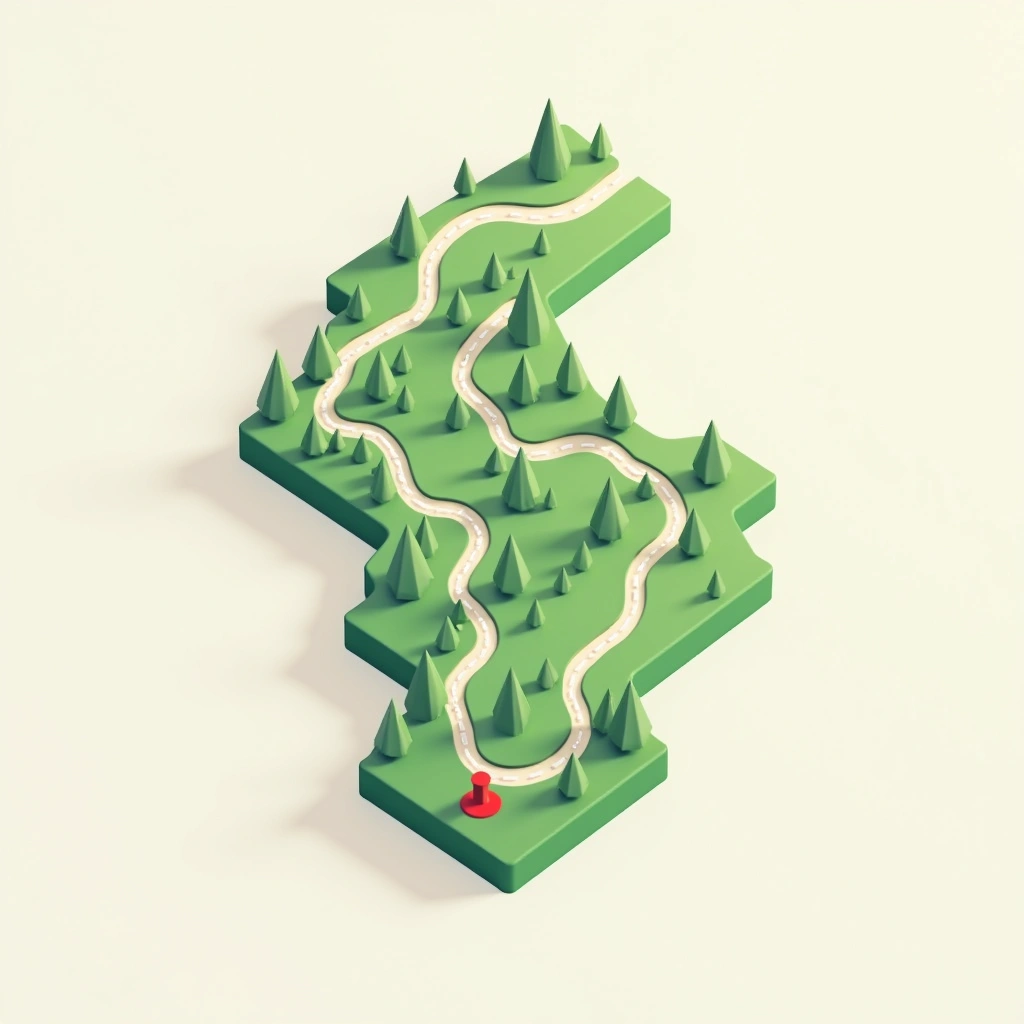Einstein Habits For Breakthrough Thinking
Einstein's Daily Rituals
Albert Einstein's genius wasn't solely a product of innate brilliance; it was meticulously cultivated through a set of unconventional daily habits. From prioritizing extended sleep and daily constitutional walks to embracing academic minimalism and playful contemplation, Einstein designed a lifestyle that optimized his mind for groundbreaking insights. These habits, often counter to conventional productivity advice, reveal a fascinating approach to unlocking creative potential.
Einstein's routines weren't about rigid discipline, but rather about creating an environment conducive to deep thought and uninhibited exploration. He valued mental bandwidth over material possessions, insightful rest over relentless activity, and curiosity-driven inquiry above all else. By examining the 'why' behind these habits, we can gain valuable perspectives applicable to our own pursuit of creativity and innovation.
- Prioritized mental clarity and focus through minimalist living and routines.
- Leveraged unconventional rest techniques for cognitive enhancement.
- Embraced playful exploration and curiosity-driven inquiry.
- Integrated physical activity and contemplation into his daily workflow.
- Maintained a consistent schedule to manage cognitive load.
"The answer often comes when stopping conscious striving." - Albert Einstein. Explore the habits that enabled Einstein to access these moments of effortless insight.
Filter Habits
 Albert Einstein's Habit Sets
Albert Einstein's Habit Sets

Daily constitutional walks
Consistently walked 1.5 miles to/from work regardless of weather, often extending routes for thinking time. Shown to boost creative problem-solving through transient hypofrontality brain state.
Why This Matters
Einstein considered walking essential for achieving breakthrough insights, modeling Charles Darwin's triple-daily walks. The rhythmic motion helped him enter flow states for theoretical work.

Extended nighttime sleep
Maintained 10+ hours nightly sleep supplemented by daytime naps. Prioritized sleep's role in cognitive consolidation over conventional work schedules.
Why This Matters
Einstein believed extended sleep enabled abstract concept synthesis, telling colleagues 'I need my dreams to teach me relativity.' His brain showed unusual parietal lobe connectivity potentially enhanced by sleep.

Controlled spoon naps
Used metal spoon/plate alarm for 15-minute micro-naps. Technique prevented deep sleep while capturing hypnagogic creativity states.
Why This Matters
Einstein used liminal sleep phases to solve complex physics problems, telling assistants 'The answer often comes when stopping conscious striving.' This habit balanced rest with productivity.

Academic minimalism
Rejected salary increases & luxury possessions except violin/pipe. Maintained sparse living quarters to reduce cognitive load.
Why This Matters
Einstein prioritized mental bandwidth over material comfort, writing 'Possessions distract from eternal truths.' His Nobel Prize money funded his first wife's Zurich property settlement.

Temporal anchoring routine
Fixed daily schedule: 8AM breakfast, 10:30AM walk/work, 1PM lunch, 2PM nap, 4PM tea/work, 6:30PM dinner. Minimal deviation for 30+ years.
Why This Matters
Einstein used predictability to manage genius-level cognitive load, telling biographers 'Order counters the chaos of creation.' Routine enabled sustained focus during relativity development.

Barefoot intellectualism
Avoided socks/shoes when possible, wearing Elsa's slippers indoors. Believed physical comfort enhanced abstract thinking.
Why This Matters
Einstein claimed 'Toes require cosmic freedom,' considering foot constraints detrimental to thought. Colleagues noted increased pacing vigor when he went sockless.

Pipe-assisted contemplation
Smoked 10+ daily pipefuls using reclaimed tobacco. Considered smoke rings essential for visualizing spacetime curvature.
Why This Matters
Einstein told the Prussian Academy 'Smoke reveals the invisible forces,' using plume patterns to model gravitational fields. Continued despite health warnings from colleagues.

Carb-loading cognition
Favored spaghetti/porridge over protein-heavy meals. Believed complex carbs provided steady mental energy without digestive strain.
Why This Matters
Einstein joked 'Spaghetti bends like light,' drawing parallels between food and physics. His cook preserved recipes showing 70% carb intake during relativity development.

Violin problem-solving
Played Mozart/Bach during thinking blocks. Used musical intervals to represent mathematical relationships.
Why This Matters
Einstein told interviewers 'Music helps physics emerge,' using violin practice to access right-brain spatial reasoning. Kept Guarneri violin within reach during working hours.

Isolation sprints
Disappeared for weeks during intense theoretical work. Posted 'Do Not Disturb' signs in multiple languages during equation crunching.
Why This Matters
Einstein required uninterrupted focus blocks, telling assistants 'Gravity won't wait.' His 1915 general relativity final push caused dramatic weight loss and hair whitening.

Zurich journaling
Maintained numbered notebooks mixing equations, grocery lists & philosophical musings. Allowed cross-pollination between mundane and profound.
Why This Matters
Einstein used journals as 'thought gymnasiums,' writing colleagues that 'Ink channels mental lightning.' His 1902-1905 notebooks show relativity's incremental development.

Socratic questioning
Jotted 'Why?' questions in margins of texts. Challenged assumptions through iterative inquiry rather than passive acceptance.
Why This Matters
Einstein cultivated 'holy curiosity,' telling students 'Questions unveil reality's seams.' His library books show layered questioning in physics/math margins.

Academic cross-dressing
Wore Elsa's slippers and baggy sweaters despite public appearances. Rejected sartorial norms to conserve decision energy.
Why This Matters
Einstein considered formal attire 'mental corsetry,' preferring comfort for theoretical work. Photographers often had to retouch his outfits for publication.

Tea time reflection
Observed strict 4PM tea ritual with plain biscuits. Used beverage preparation as metacognitive break between work blocks.
Why This Matters
Einstein structured tea breaks as 'mental airlocks,' transitioning between different thinking modes. Assistants reported increased post-tea productivity.
Relativity simplification
Practiced explaining complex concepts to children. Developed elevator thought experiments for public lectures.
Why This Matters
Einstein believed 'If you can't explain it simply, you don't understand it.' His barber received relativity explanations during haircuts as comprehension tests.

Anti-materialism
Donated lecture fees and prizes to charities. Lived in rented homes despite global fame.
Why This Matters
Einstein warned against 'possessions possessing you,' channeling resources into scientific vs personal gain. His will left manuscripts to Hebrew University rather than family.

Peripatetic meetings
Conducted academic discussions while walking. Used kinetic energy to fuel debate intensity.
Why This Matters
Einstein found 'static seating stagnates thought,' pacing Princeton campus with colleagues. His walking debates with Gödel about time shaped modern cosmology.

Doodle problem-solving
Drew abstract shapes in notebook margins. Used visual thinking to bypass linguistic limitations.
Why This Matters
Einstein's journals show light cones as coffee stains and gravity wells as spirals. Told assistant 'Equations are just formalized doodles.'

Window gazing
Scheduled 30-minute staring sessions. Believed ambient observation stimulated subconscious processing.
Why This Matters
Einstein called windows 'reality's cinema,' using street scenes to model particle motion. Colleagues often found him silently watching snow fall during breakthrough periods.

Tenacious iteration
Repeated equations hundreds of times with minor variations. Embraced failure as discovery mechanism.
Why This Matters
Einstein's 1905-1915 relativity journals show 2,423 equation iterations. Told students 'Wrong answers reveal right paths.' His persistence overcame mathematical roadblocks.
Key Takeaways for Breakthrough Thinking
Einstein's habits offer profound lessons for cultivating a mind primed for innovation. Here are key takeaways you can incorporate into your own life.
- Embrace Rest as a Strategic Tool: Prioritize extended sleep and strategic naps to enhance cognitive function and unlock creative insights, mirroring Einstein's commitment to restorative rest.
- Cultivate Active Contemplation: Integrate daily walks and mindful activities like playing music or window gazing to stimulate subconscious processing and facilitate problem-solving, similar to Einstein's methods.
- Minimize Cognitive Clutter: Adopt a minimalist approach to your environment and possessions to reduce mental overload and free up cognitive space for deep, focused thinking.
- Value Curiosity and Questioning: Emulate Einstein's Socratic questioning by constantly challenging assumptions and nurturing a 'holy curiosity' to fuel innovation and discovery.
- Structure for Creative Freedom: Establish routines and schedules to create a supportive framework for sustained focus and creative exploration, balancing predictability with the spontaneity of insight.
Integrate these principles into your daily life and unlock your own potential for breakthrough thinking and innovative solutions.
